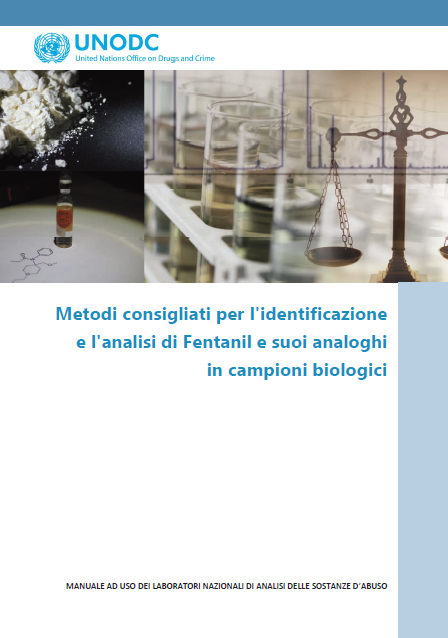Addiction to substances such as tobacco, alcohol, drugs (including New Psychoactive Substances - NPS) and behavioral addictions (gambling, food, internet and new technologies, doping) are important risk factors for public health.
The Istituto Superiore di Sanità (ISS, the National Institute of Health in Italy) works to prevent and combat these addictions, contributes to the knowledge of phenomena from an epidemiological point of view, optimizes the pathways of diagnosis and treatment and the improvement of interventions through specific areas of research, as well as control, supervision, information, training and advice. It also advises through what is known as the Help line (telephone counseling and scientific information) on addictions and doping and offers support for improving the quality of performance of the National Health Service (NHS) pharmacology laboratories.
In particular, tobacco consumption is one of the major risk factors in the development of cancer, cardiovascular and respiratory diseases. Emerging phenomenon is also the intake of nicotine through next-generation tobacco products and e-cigarettes. Alcohol is the first substance capable of causing high social impact addiction. Drug addiction today is represented by the phenomenon of taking more classic abuse substances, including alcohol and new psychoactive substances.
Gambling disorder, food and internet addiction are behavioral addictions that in addition to causing clinically significant discomfort and/or disorders are a public health problem of increasing importance with a high impact in daily life.



